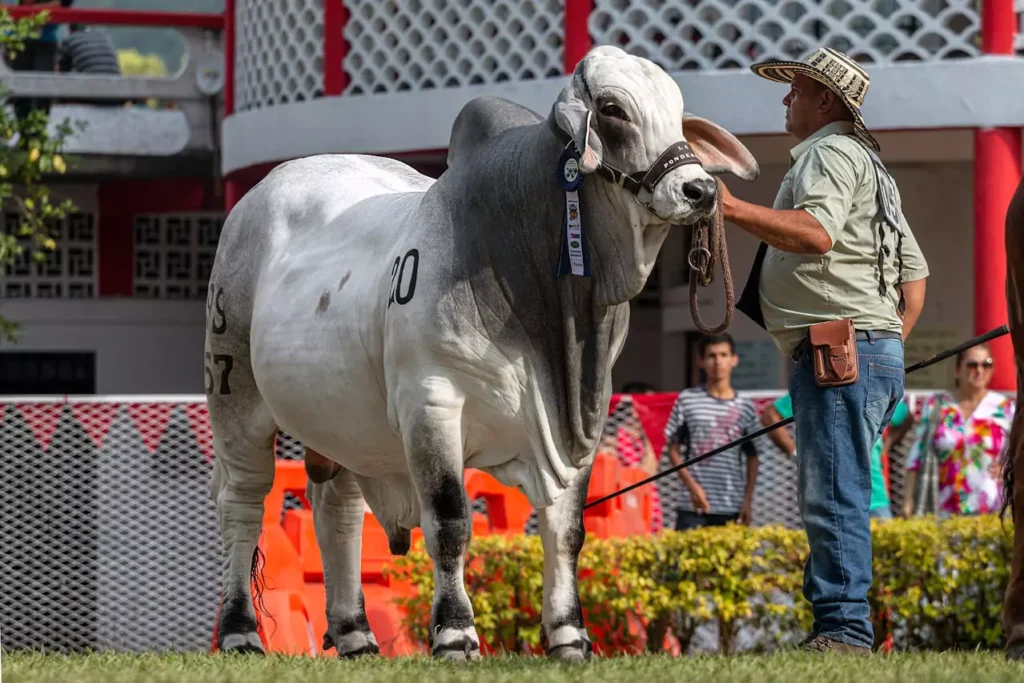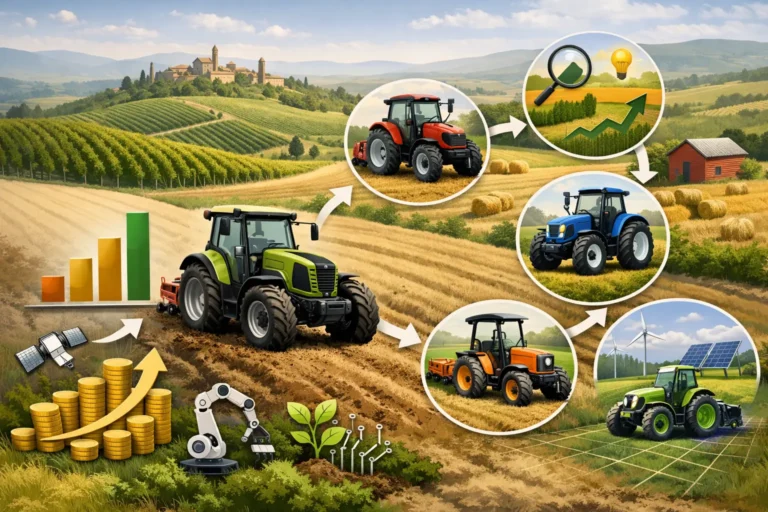
Farmers Show Strong Preference for Crop Insurance, Survey Finds
A vast majority of America’s Farmers Show continue to rely on crop insurance as a vital tool for risk management, according to new data released by National Crop Insurance Services (NCIS). In 2024, 91 percent of surveyed farmers reported purchasing crop insurance to safeguard their agricultural operations. This strong commitment to insurance coverage has remained consistent over time, with 90 percent indicating they have maintained crop insurance coverage every year for the past five years.
These findings come from a comprehensive national survey conducted by NCIS, the leading organization representing all crop insurance providers authorized in the United States. Farmers Show The survey was conducted between January 11 and February 9, 2024, and included responses from 401 farmers and ranchers across the country who grow a diverse range of agricultural commodities.
The data sheds light not only on the widespread use of crop insurance, but also on the perceived importance of the tool relative to other government-supported agricultural policies.Farmers Show were asked to evaluate three major components of U.S. farm policy — crop insurance, direct government payments, and conservation assistance — using a 10-point scale to reflect how critical each was to their business.
Crop insurance emerged as the most highly valued policy mechanism. A majority of respondents — 58 percent — gave crop insurance the highest possible score in terms of importance. By comparison, 42 percent rated direct government payments as most important, and just 29 percent assigned the highest score to conservation assistance programs.
“Farmers clearly place a high value on crop insurance, and we’re seeing that first-hand in the marketplace,” said Tom Zacharias, President of NCIS. “Last year alone, nearly 544 million acres were insured under crop insurance policies. That’s a dramatic increase from five years ago, when only 379 million acres were covered. This growth demonstrates how crucial crop insurance has become for today’s agricultural producers.”
According to Zacharias, the expansion of crop insurance benefits not only the farming community, but also the broader public. “Crop insurance plays a vital role in helping protect the nation’s food supply,” he noted. “By reducing financial risks for farmers, it ensures more stable agricultural production. Farmers Show And because both Farmers Show and private insurers contribute financially to the program, the burden on U.S. taxpayers is lessened significantly.”
In 2024, farmers and ranchers paid over $6 billion out of pocket to purchase approximately 2.4 million crop insurance policies. These policies collectively provided $159 billion in protection against various types of losses, including those stemming from adverse weather events and market fluctuations. This shared investment underscores the collaborative structure of the crop insurance system, in which both public and private sectors share risk and responsibility.

The survey also measured farmers’ satisfaction with crop insurance and the agencies that provide it. Overall, satisfaction levels were high: 83 percent of respondents said they were satisfied with their crop insurance experience. Only 5 percent expressed dissatisfaction. These findings suggest that the system is not only effective in providing financial protection but also in meeting customer expectations.
When asked specifically about claims processing, the results were similarly positive. Eighty-five percent of farmers said they were satisfied with how their most recent crop insurance claim was handled. Only 7 percent expressed any level of dissatisfaction. This feedback reflects positively on the efficiency and reliability of the claims process, which is critical for farmers who rely on timely support during difficult seasons.
The survey also offered insight into where farmers get their information about farm programs. Interestingly, more farmers reported turning to crop insurance agents for guidance than to the U.S. Department of Agriculture (USDA) or fellow farmers. This trend highlights the strong relationships between farmers and their insurance providers, as well as the trusted role that agents play in delivering essential knowledge about federal programs.
In addition to the financial and informational benefits of crop insurance, farmers also indicated that the program does not hinder their environmental stewardship efforts. A large majority — 87 percent — said that crop insurance does not interfere with their conservation practices on the farm. This finding challenges a common misconception that federal crop insurance discourages sustainable farming and instead suggests that it can coexist with, and even support, on-farm conservation strategies.
One key point raised in the survey was the affordability of insurance. While crop insurance remains an essential risk management tool, most farmers would be unable to purchase the same level of protection without the government subsidizing a portion of the premium. Only 7 percent said they could afford their current level of coverage without federal premium support. This underscores the importance of public-private cooperation in making risk protection accessible to all producers, regardless of the size of their operation.
The NCIS survey represents the first time the organization has polled farmers on such a wide scale, and the results reinforce the foundational role of crop insurance in U.S. agriculture today. Full survey results are available on the NCIS website
NCIS serves as the only national association representing every private company authorized to sell crop insurance in the U.S. The organization plays a critical role in supporting both the state and federally regulated segments of the crop insurance industry. Through research, analytics, and actuarial services, NCIS provides essential resources to insurers and helps ensure that American agriculture remains resilient and financially stable in the face of ongoing challenges.
As climate variability and volatile market conditions continue to pose threats to U.S. agriculture, the need for reliable safety nets like crop insurance becomes more urgent. This new data confirms that farmers not only value crop insurance but also consider it indispensable to their ability to operate and thrive.
For more information on crop insurance and NCIS’s work, visit their official website or reach out to one of the many local insurance agents who serve farming communities across the country.
Let me know if you’d like this version in a downloadable format like PDF or Word!





